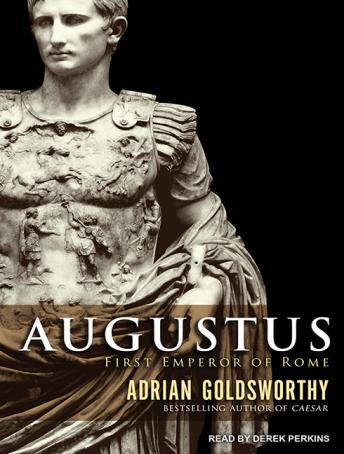On it being hacky:
Yes, I know the story about how Puzo was looking for something to write about and found this interesting topic.
Yes, I know he completely massacres the spelling of every other word in Italian/Sicilian, I can tell.
Yes, the films were a bit of a rewrite.
Yes, the descriptive sex scenes are unnecessary.
There's a bit of a time inconsistency with the sequence of Don Vito being shot.
It is a weird read, but it's worth reading nonetheless.
Yes, I know the story about how Puzo was looking for something to write about and found this interesting topic.
Yes, I know he completely massacres the spelling of every other word in Italian/Sicilian, I can tell.
Yes, the films were a bit of a rewrite.
Yes, the descriptive sex scenes are unnecessary.
There's a bit of a time inconsistency with the sequence of Don Vito being shot.
It is a weird read, but it's worth reading nonetheless.

 ("WE are the superior species! YOU will be extermin-... Oh hell, they've run upstairs!")
("WE are the superior species! YOU will be extermin-... Oh hell, they've run upstairs!")




 "all of the 'gentlemen' have fled to Paris"
"all of the 'gentlemen' have fled to Paris"